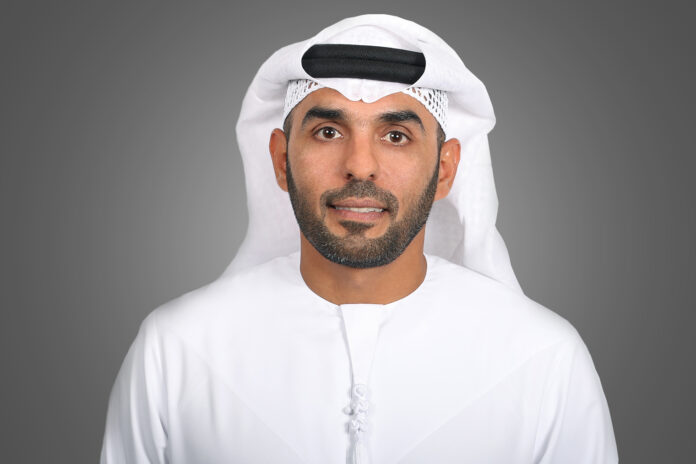Khalifa Economic Zones Abu Dhabi (KEZAD Group), the largest operator of integrated and purpose-built economic zones in UAE, has announced plans to establish a specialized zone for aquaculture and related industries.
This new zone responds to the rising demand for dedicated infrastructure and connectivity to serve both domestic and international markets from Abu Dhabi. KEZAD Group is also a key partner in Abu Dhabi’s AgriFood Growth and Water Abundance (Agwa) Cluster, led by the Abu Dhabi Department of Economic Development in collaboration with the Abu Dhabi Investment Office.
The Agwa Cluster aims to support local suppliers and exporters, expand commercial opportunities, and alleviate pressure on agriculture systems. By 2045, it is expected to contribute US$24.5 billion to Abu Dhabi’s GDP, create over 60,000 jobs, and attract US$34 billion in investments.
Moreover, aquaculture is a critical element of sustainable food production, helping to reduce reliance on wild fish resources. The UAE currently consumes around 220,000 tonnes of seafood annually, with 70% of this demand met through imports. KEZAD’s new aquaculture zone is designed to strengthen domestic seafood production and decrease the dependency on imports.
With the establishment of this hub, KEZAD Group is improving the UAE’s food supply chain and is positioning the country as a regional leader in sustainable seafood production. This initiative aligns with the UAE’s goal of becoming the top-ranked nation on the Global Food Security Index by 2050.
“Food security is a top priority for the UAE, and KEZAD Group is proud to contribute to this national and regional objective in line with our wise leadership’s vision, and in support of the UAE’s National Food Security Strategy 2051. Our planned aquaculture zone will strengthen our country’s resilience, reduce reliance on imports, and create a sustainable model for food production in the region,” stated Abdullah Al Hameli, CEO of Economic Cities & Free Zones at AD Ports Group.







